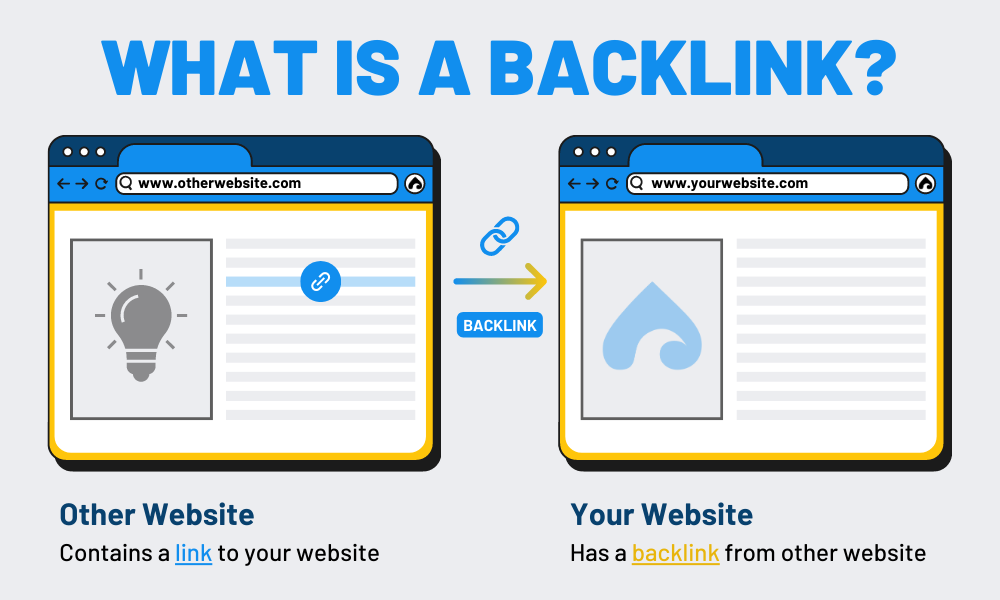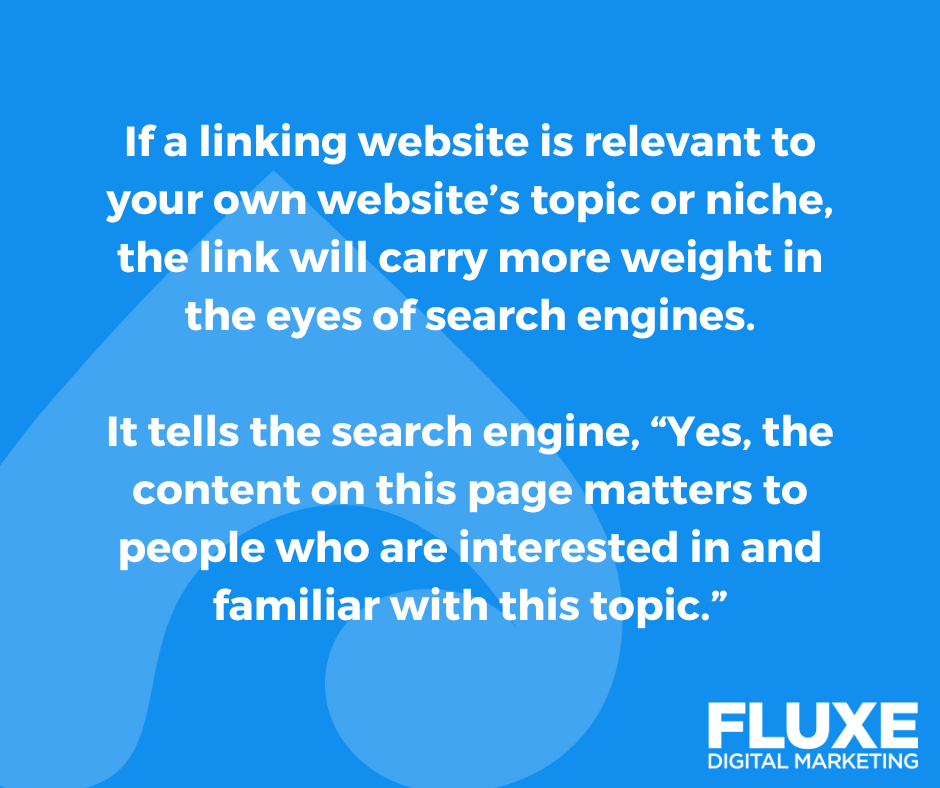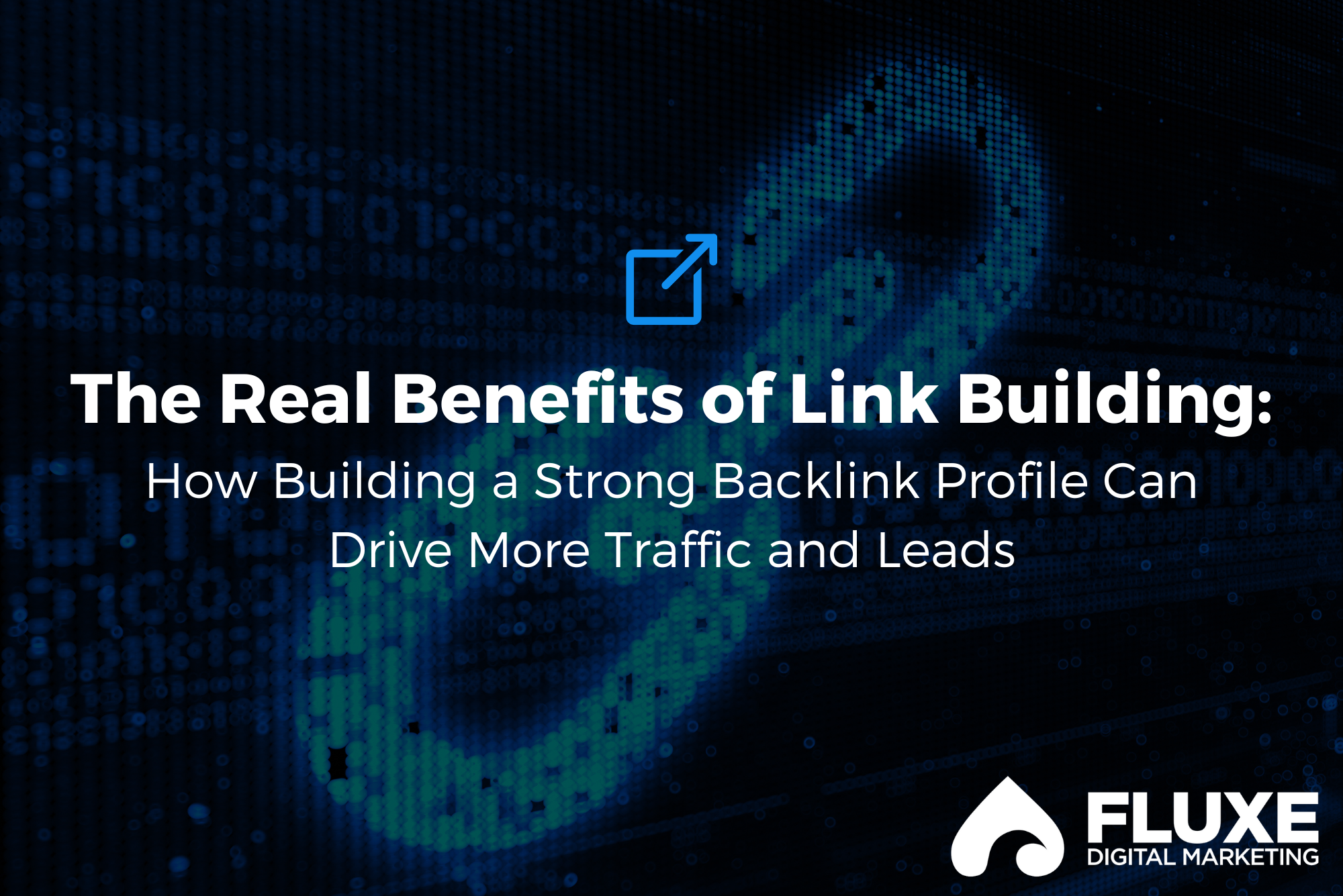If you’re a newcomer to the world of website ranking, learning the SEO game may feel like joining an exclusive Da-Vinci-code-style club, complete with rituals and insider terms — one of which is “link building.” What does it really mean, if anything?
First off, yes, link building does have a specific (and useful) meaning, though it’s not self-explanatory based on the name alone. Second, there’s no secret handshake to get your foot in the door.
Here, I’ll define link building in a layman’s terms and explain how your website can reap all the link building benefits there are. (Spoiler: You don’t have to be an SEO grand poobah to do it.)
What Is Link Building?
Link building is the process of getting other (quality) websites to include links to pages of your website. These links are called backlinks.

Why Link Building Matters
Why are backlinks important?
Search engines consider backlinks “votes of confidence” or “votes of popularity” toward your website. When other sites link to yours, they’re vouching for you and letting Google know your site is authoritative and credible.
Each vote of confidence suggests your content has value and usefulness, and Google considers those affirmations when suggesting content to searchers.
So, the more high-quality backlinks a page has, the higher that page will rank in Google and other search engine results (I’ll use Google throughout this post, though, since it’s the favorite).
Why would Google show its visitors anything but the best, most user-affirmed content the web has to offer?
Not all backlinks come from SEOs or marketers. Maybe a journalist covering a news story wants to use your page as a source, or an influencer who loves your new product links to the manufacturer (you) while gushing about it on their blog.
Either way, acquiring backlinks you didn’t specifically request is a phenomenal way to boost your website’s SEO ranking — the gold star of SEO. One of the best ways to get there is by producing high-quality, valuable, link-worthy content that appeals to others. Then you’re boosting your page ranking in your sleep.
The Difference Between Internal and External Links
Wait, so can I boost my SEO by including links to my website on my website?
Yes and no. There’s a major difference between linking to your own page (internal linking) and having URLs on other domains link to you (external linking).
Internal links on your own website keep visitors on your site longer. If they grow tired of your most recent blog post halfway through reading it, they can click on an internal link and read another one that may be more relevant to their interests.
Meanwhile, external links (backlinks) from other websites improve your credibility, both in Google’s and your readers’ eyes. Internal links do boost your SEO — but not as dramatically as backlinks.
You can tell Google all day long how authoritative and credible your website is, but it means a lot more if others vouch for you, as well.
All Backlinks Are NOT Created Equal
Unfortunately, it’s not enough for a ton of external websites to link to your pages. The only links that actually confer link building benefits come from websites at least as credible, authoritative, and relevant as your own.
Here are just a few factors that constitute a good quality link versus a poor quality link.
Relevance
If a linking website is relevant to your own website’s topic or niche, the link will carry more weight in the eyes of search engines. It tells the search engine, “Yes, the content on this page matters to people who are interested in and familiar with this topic.” For that reason, in fact, irrelevant links can actually hurt your website’s ranking.
For example, if your website sells pet supplies, a link from a pet blog would be more relevant — and therefore more valuable — than a link from a blog about cars, which could hurt your ranking.
Authority
Links from high authority websites (websites that have a strong online presence and are trusted by search engines) are more valuable than links from low authority websites.
For example, you gain far more link building benefit from a well-known news website or a popular industry blog than from a small, unknown website linking to your content.
Anchor Text
If the anchor text (the clickable words that “anchor” a hyperlink to the page) contains relevant keywords, it can boost your website’s rankings for those keywords. However, over-optimizing anchor text with exact match keywords can lead to penalties from search engines. It’s a delicate balance you have to strike.

Link Building FAQs
Do I need link building if I’m already creating content?
Both content and links are crucial to any SEO strategy.
While backlinks boost your authority and send more readers to your site, good content captures attention and ultimately turns those readers into buyers.
But if you don’t have the time or manpower to focus on both content creation and backlinking, start with content. The right backlinks can widen your audience by the thousands, but if you don’t have any content to link to, there’s no reason for anyone to link to your site.
High-quality content will give other websites, bloggers, reporters — you get the idea — a valuable source to introduce to their readers.
Is link building safe? Can it harm my website’s rankings?
As I mentioned earlier, link building will only harm your website’s rankings if the websites linking to yours are irrelevant in terms of subject matter.
If your website sells secondhand comic books, a backlink from a blog about ballet could hurt your rankings, but a backlink from a reputable blog about Comic-Con would help your rankings.
How long does it take to see link building benefits?
Most SEO experts agree it can take anywhere from three to 12 months to see results from link building services. (By “results,” I mean greater SERPs visibility, increased traffic, and more interested prospects.)
That amount of time depends heavily on the competitiveness of your industry, the keywords you’re trying to rank for, your site’s authority according to Google, traffic trends, and the popularity of the websites linking to yours.
How much does link building cost? Is it worth the investment?
There are a few different ways to build links across the worldwide web, including a couple free options:
- Reach out to relevant websites with a compelling reason to link to you (though there’s no guarantee they’ll agree).
- Earn links from relevant sites without asking, which is more likely to happen over time as you create more quality content and your popularity increases.
Or, you can exchange cold, hard cash for links. A single guest post or sponsored article on a popular, authoritative website can run you several hundred dollars (plus the copywriter’s wage, if you’d prefer not to write the post yourself). This “pay per link” pricing model is the norm in the SEO world, as it’s easy to budget for as a fixed cost.
Link Building Benefits: Final Thoughts
Successful link building is the gift that keeps on giving.
Link building benefits range from increased traffic to a wider audience to more qualified leads. That’s great news for you, your business, and your ever-elusive top Google ranking.
But achieving those link building benefits takes time. So if you’re interested, there’s no better time to start than right now.
Still have questions? Drop them in the comments, and I’ll do my best to answer them!



